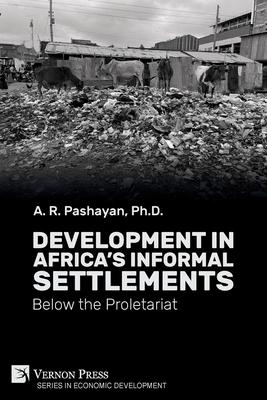This book discusses the effectiveness of international development programs in African informal settlements (slums). It also represents the voices of slum dwellers and how they view the programs offered. With over 60% of Africans living in slums, the book intends to foster dialogue among development professionals to determine how to improve service to their clients, people experiencing extreme poverty. This book examines the critical thinking disconnect between development professionals and slum dwellers. It enables practitioners, professors, and their students to investigate the gap between the types of development programs offered versus what is most beneficial to reduce extreme poverty in slum communities. With a sample of 500 residents from Mukuru Slum in Nairobi, Kenya, and 100 development professionals with expertise in poverty reduction in slums, this book sheds light on the similarities and differences between various programs. Most importantly, this book provides a theoretical way forward (The Theory of Extreme Poverty Reduction) based on Freirean pedagogy to stimulate discussion on how to program new strategies for authentic dialogue with slum dwellers that leads to the critical consciousness necessary for successful poverty reduction.

Development in Africa's Informal Settlements: Below the Proletariat
This book discusses the effectiveness of international development programs in African informal settlements (slums). It also represents the voices of slum dwellers and how they view the programs offered. With over 60% of Africans living in slums, the book intends to foster dialogue among development professionals to determine how to improve service to their clients, people experiencing extreme poverty. This book examines the critical thinking disconnect between development professionals and slum dwellers. It enables practitioners, professors, and their students to investigate the gap between the types of development programs offered versus what is most beneficial to reduce extreme poverty in slum communities. With a sample of 500 residents from Mukuru Slum in Nairobi, Kenya, and 100 development professionals with expertise in poverty reduction in slums, this book sheds light on the similarities and differences between various programs. Most importantly, this book provides a theoretical way forward (The Theory of Extreme Poverty Reduction) based on Freirean pedagogy to stimulate discussion on how to program new strategies for authentic dialogue with slum dwellers that leads to the critical consciousness necessary for successful poverty reduction.